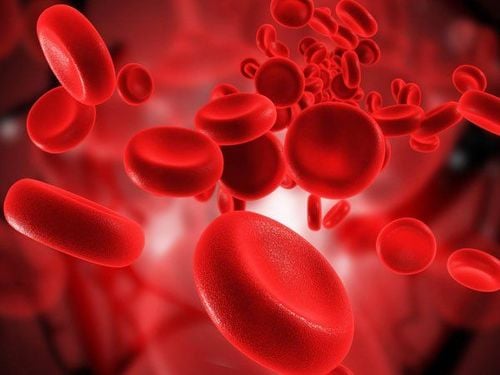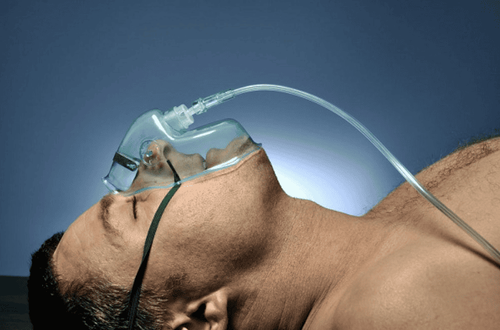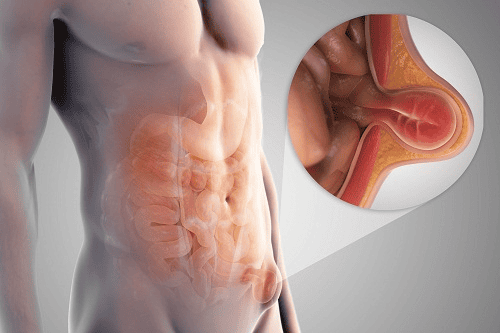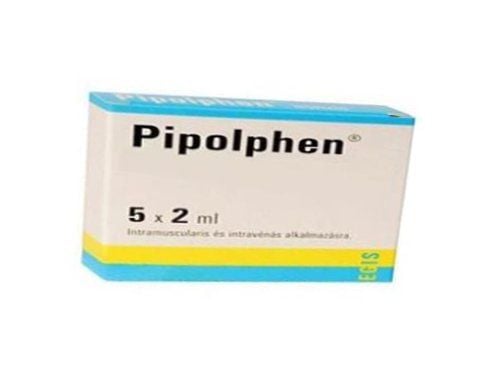This is an automatically translated article.
The article is professionally consulted by Master, Doctor Ta Quang Hung - Department of General Surgery - Vinmec Da Nang International General Hospital.
Anesthesia is an anesthetic method that is often used before any surgery. To ensure good control of the risk of reactions, allergies and anaphylaxis during anesthesia for patients, doctors need to follow the pre-anesthetic examination.
1. What is pre-anesthesia examination?
Pre-anesthesia examination is essential and mandatory before all surgeries. This is a very stressful period for the patient's psychology, so the meeting between the anesthesiologist and the patient and relatives has a positive meaning to reduce the patient's anxiety.2. Pre-anesthesia examination for what?
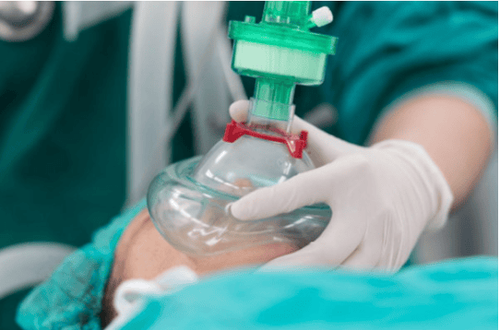
Assess the patient's condition before surgery Accompanying medical conditions, survey plans and treatment before - during - after surgery Agree with the surgeon on the time and method of treatment Optimal treatment and identification of surgical risks Select appropriate anesthetic options, anesthesia Prognosis possible difficulties in anesthesia – surgery Prognosis patient tolerance and recovery Prepare action plans if any abnormality occurs. Clearly explain to the patient and/or the patient's family and prepare psychologically The results of the pre-anesthesia examination must be noted in the pre-anesthesia form.
3. What is pre-anesthesia examination?

Patients were also asked about past and present diseases, drugs being used to treat bleeding, the possibility of pregnancy,...
The doctor will make a list that includes both drugs being treated for the main disease and comorbidities, treatment plan and drug dosage. It is important that the drugs treat cardiovascular diseases , anticoagulants , antiepileptic drugs , diabetes drugs , endocrine ... Depending on the severity of the disease , the effect of the drug on the disease or on the anesthetic the choice, the effect of stopping the drug, the half-life of the drug... that the doctor will decide whether to continue or stop certain drugs or replace them with other drugs.

Final step of the process Examination was a history of anesthesia. The physician reviewed the patient's previous anesthesia records to see if there were any difficulties with the anesthetic techniques used, and if there were any problems with ventilation and intubation. In addition, it is necessary to record the complications caused by anesthesia such as drug reactions, vomiting, oropharyngeal trauma, delayed awakening,... Ask the patient and family members about the complications caused by anesthesia or anesthesia. cause, a history of malignant high fever to prevent the treatment plan.
Before starting anesthesia, the doctor will conduct some more general examination (airway, cardiovascular, respiratory, neurological, vital signs, venous status: is it easy to inject, factors affecting ventilation and intubation: mouth opening, tongue, teeth condition, chin, beard, flexion of the neck, gap between the chin) and do laboratory tests such as blood count , blood type , coagulopathy , biochemical tests , chest x-ray , electrocardiogram , echocardiogram , cardiac enzymes , immunology , respiratory function measurement...
Pre-anesthesia examination is an important step to help patients reduce anxiety, trust and cooperate with doctors; help the anesthesiologist in resuscitation assess the patient's condition and possible risks during and after surgery.
Pre-anesthesia examination is a routine examination at Vinmec before any surgery or examination takes place. Accordingly, the pre-anesthesia and anesthetic examination process at Vinmec is carried out methodically and in accordance with the standard procedures by a team of highly skilled doctors and nurses, modern machinery system, thus giving accurate results. contributes significantly to the identification of the disease and the stage of the disease, thereby guiding the treatment, minimizing complications during anesthesia.
Master. Doctor Ta Quang Hung has over 10 years of experience in teaching and practicing in the field of Anesthesia and Resuscitation. Currently, he is an Anesthesiologist, General Surgery Department - Vinmec International Hospital Da Nang.
Please dial HOTLINE for more information or register for an appointment HERE. Download MyVinmec app to make appointments faster and to manage your bookings easily.





